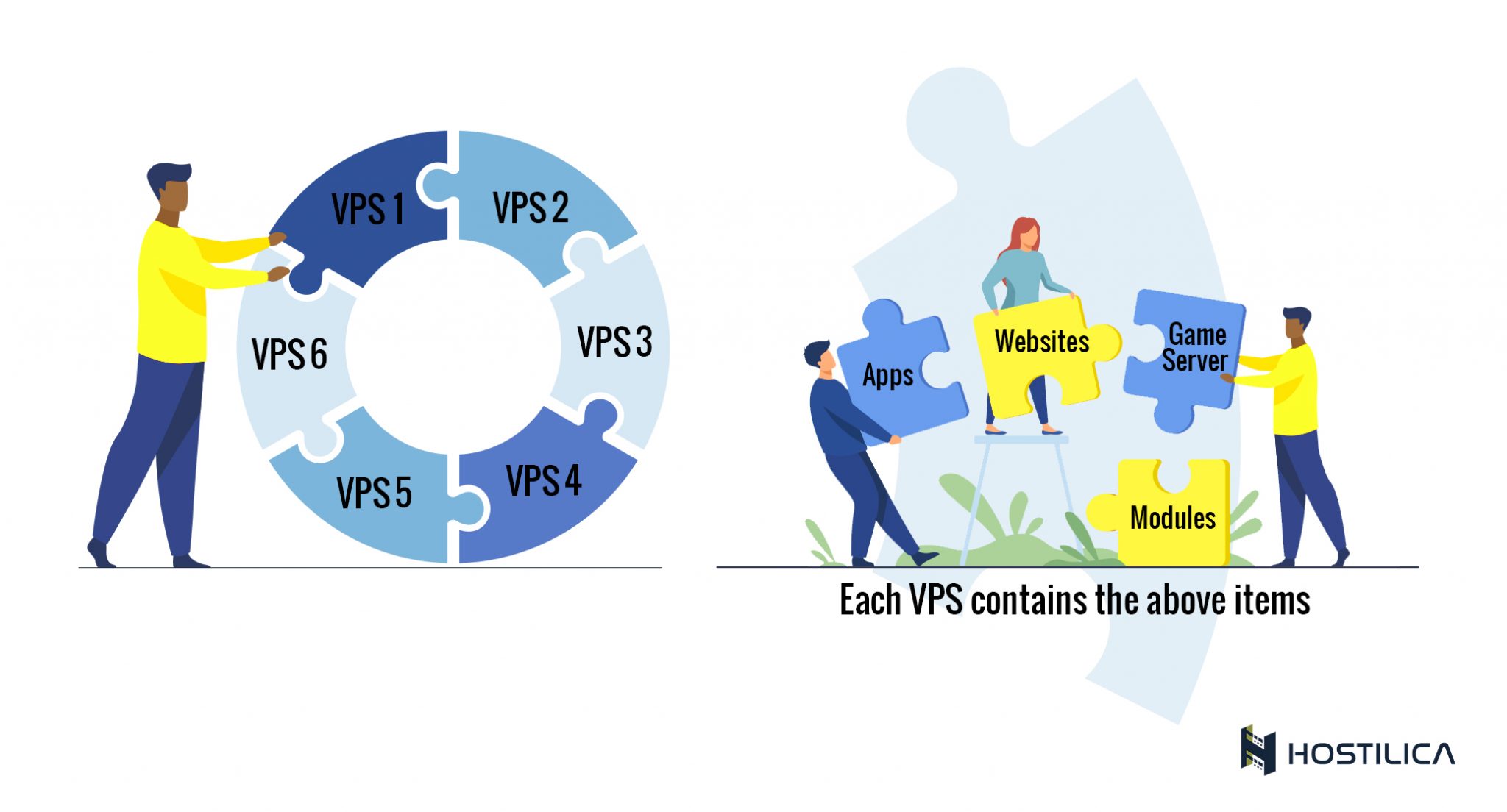how does vps work

Virtual Private Servers (VPS) have become increasingly popular in the world of web hosting, offering a more flexible and scalable solution compared to shared hosting. Understanding how VPS works is essential for individuals and businesses looking to optimize their online presence. In this comprehensive guide, we will delve into the intricate workings of VPS, exploring its architecture, advantages, and key features.
First and foremost, it is crucial to comprehend the fundamental concept behind VPS. In simple terms, a VPS is a virtual machine that operates on a physical server, allowing users to harness the power of dedicated resources without the need for a physical server. Each VPS functions independently, with its own operating system, disk space, and bandwidth. This isolation ensures enhanced security, performance, and customization options for users.
1. VPS Architecture
In this section, we will explore the architecture of a VPS, including its components, such as the hypervisor, host server, and guest servers. We will also discuss the different types of virtualization technologies commonly used in VPS setups.
2. Advantages of VPS Hosting
Discover the numerous benefits of VPS hosting compared to shared hosting or dedicated servers. From improved performance and scalability to increased security and customization options, we will highlight how VPS can enhance your online presence.
3. Key Features of VPS
Explore the essential features that make VPS an attractive choice for website owners. From root access and dedicated IP addresses to resource scalability and easy management, we will delve into the key features that set VPS apart from other hosting solutions.
4. Choosing the Right VPS Provider
When opting for VPS hosting, selecting the right provider is crucial. In this section, we will guide you through the factors to consider when choosing a VPS provider, including reliability, support, pricing, and scalability options.
5. Setting Up a VPS
Learn the step-by-step process of setting up a VPS, from selecting the appropriate operating system to configuring the server and installing necessary software. We will provide detailed instructions and tips to ensure a smooth setup experience.
6. Managing a VPS
Once your VPS is up and running, effective management is essential to ensure optimal performance. In this section, we will discuss various management aspects, including server monitoring, security measures, software updates, and backup strategies.
7. Scaling Resources
As your website or application grows, you may need to scale your resources to accommodate increased traffic or data demands. Discover how VPS allows seamless resource scaling, enabling you to adapt to changing requirements effortlessly.
8. VPS Security Best Practices
Security is paramount in the digital landscape. In this section, we will outline the best practices to secure your VPS, including implementing firewalls, SSL certificates, strong passwords, and regular security audits to protect your data and infrastructure.
9. VPS vs. Shared Hosting
Compare VPS hosting with shared hosting to understand the stark differences between the two. We will highlight the advantages of VPS over shared hosting, such as enhanced performance, better control, and improved security.
10. VPS vs. Dedicated Servers
Explore the distinctions between VPS and dedicated servers to determine which option suits your needs best. We will discuss factors like cost, resource allocation, scalability, and management to help you make an informed decision.
In conclusion, understanding how VPS works is crucial for anyone seeking a reliable and scalable hosting solution. By exploring the architecture, advantages, key features, and management aspects of VPS, you can make an informed decision regarding your web hosting requirements. With its flexibility, performance, and security, VPS has become the go-to option for individuals and businesses looking to establish a robust online presence.




